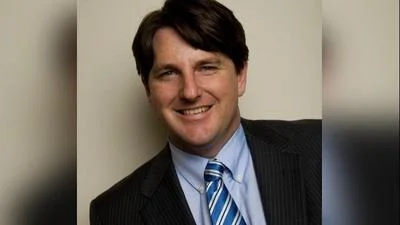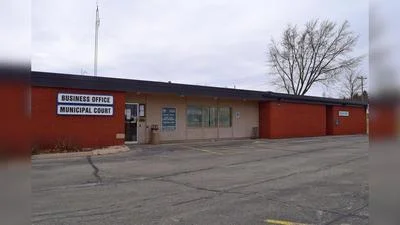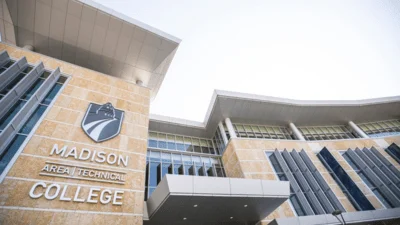Middleton-Cross Plains Area School District Superintendent Dana Monogue (2023) | Middleton-Cross Plains Area School District
Middleton-Cross Plains Area School District Superintendent Dana Monogue (2023) | Middleton-Cross Plains Area School District
The Middleton-Cross Plains Area School District Board of Education held its regular meeting on September 15, 2025, with several key topics discussed and decisions made regarding the district’s budget, operations, and policies.
During the annual budget hearing, Board Vice President Catherine Kells presented an overview of the revenue limits for the 2025-2026 fiscal year. The estimated revenue limit stands at $112,094,498, which is an increase of $7,275,251 compared to the previous year. Kells also detailed the total proposed budget by fund for 2025-2026: General Operations ($130,937,802), Long Term Debt ($12,892,444), Capital Projects ($11,278,000), Food Service ($3,846,513), Trust Funds ($2,007,350), Community Service ($224,682), and Cooperative Programs ($47,755). The overall total comes to $161,234,546.
General Operations revenue sources are projected as follows: Taxes (68.3%), State Aid (26.2%), Federal Aid (2.4%), Fees/Rental/Interest (1.6%), and Miscellaneous (1.6%). Expenditures are expected to be allocated primarily to Salary & Benefits (83.78%), followed by Services (11.7%), Supplies (3.23%), Miscellaneous (1.21%), and Equipment (0.08%).
Kells highlighted that this marks the sixth consecutive year in which the district has not needed short-term cash flow borrowing—a practice credited with saving money that can be redirected toward other priorities. She noted that these financial practices have helped maintain an Aa1 credit rating from Moody’s Investors Service.
Looking ahead to state funding issues for schools across Wisconsin https://dpi.wi.gov/sfs/aid/general/equalization, Kells said there will be no increase in Equalization Aid from the state for both 2025-2026 and 2026-2027 budgets; this may result in a property tax increase beyond what was already planned through a non-recurring operating referendum.
The board is currently working with a preliminary budget estimate; final adoption of the 2025-2026 budget and certification of the tax levy will occur at its October 27 meeting after enrollment numbers and property values are finalized along with state aid certification.
In other business during the meeting:
Catherine Kells was elected chairperson for the district’s 2025 annual meeting.
Superintendent Dr. Dana Monogue delivered her opening report for the school year focusing on mission alignment and expressing appreciation to various departments that contributed over summer break to ensure a smooth start to classes. She provided updates on “A Cardinal’s Journey,” stating all staff have been introduced to this framework and implementation plans are underway within school improvement efforts.
Dr. Monogue stated: “Fiscal health; sustainability; safety and security will continue to be top priorities across our District.” She added that a second School Resource Officer has joined the high school campus staff this fall and announced training on Visitor Aware—a digital check-in system being rolled out across all buildings this month—to improve visitor management procedures.
She concluded: “I extend my heartfelt thanks to our Board of Education; our supportive community; dedicated partners & sponsors; staff; and students.”
The board approved a tax levy totaling $103,337,971 for general operations in 2025–2026 as well as an additional $1 million specifically designated for capital projects via deposit into a segregated capital fund established in 1993.
The board reaffirmed its policy providing transportation at district expense for students living more than 1.1 miles from their assigned schools—exceeding minimum requirements set by Wisconsin law (https://docs.legis.wisconsin.gov/statutes/statutes/121/IV/54).
A salary increase of 2.95% was approved for all members of the Board of Education based on cost-of-living adjustments given to employees earlier in 2024: raising compensation for presidents from $12,000 to $12,354 annually; other members’ salaries move from $6,000 up to $6,177 per year.
Board members will continue receiving reimbursement for actual expenses incurred while traveling or attending official functions according to established administrative procedures.
Finally, authorization was granted allowing flexibility in scheduling next year’s budget hearing and annual meeting dates.






 Alerts Sign-up
Alerts Sign-up